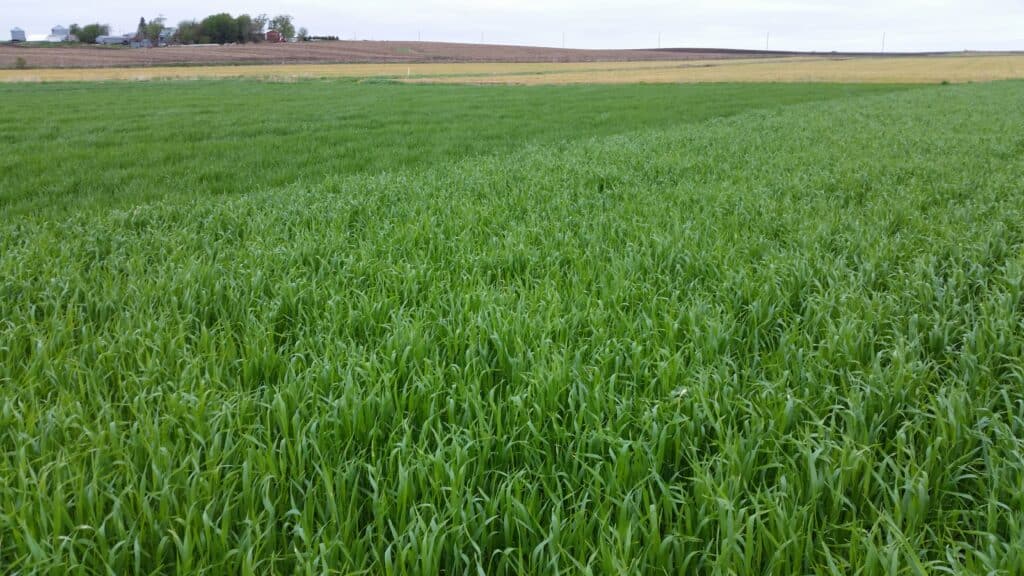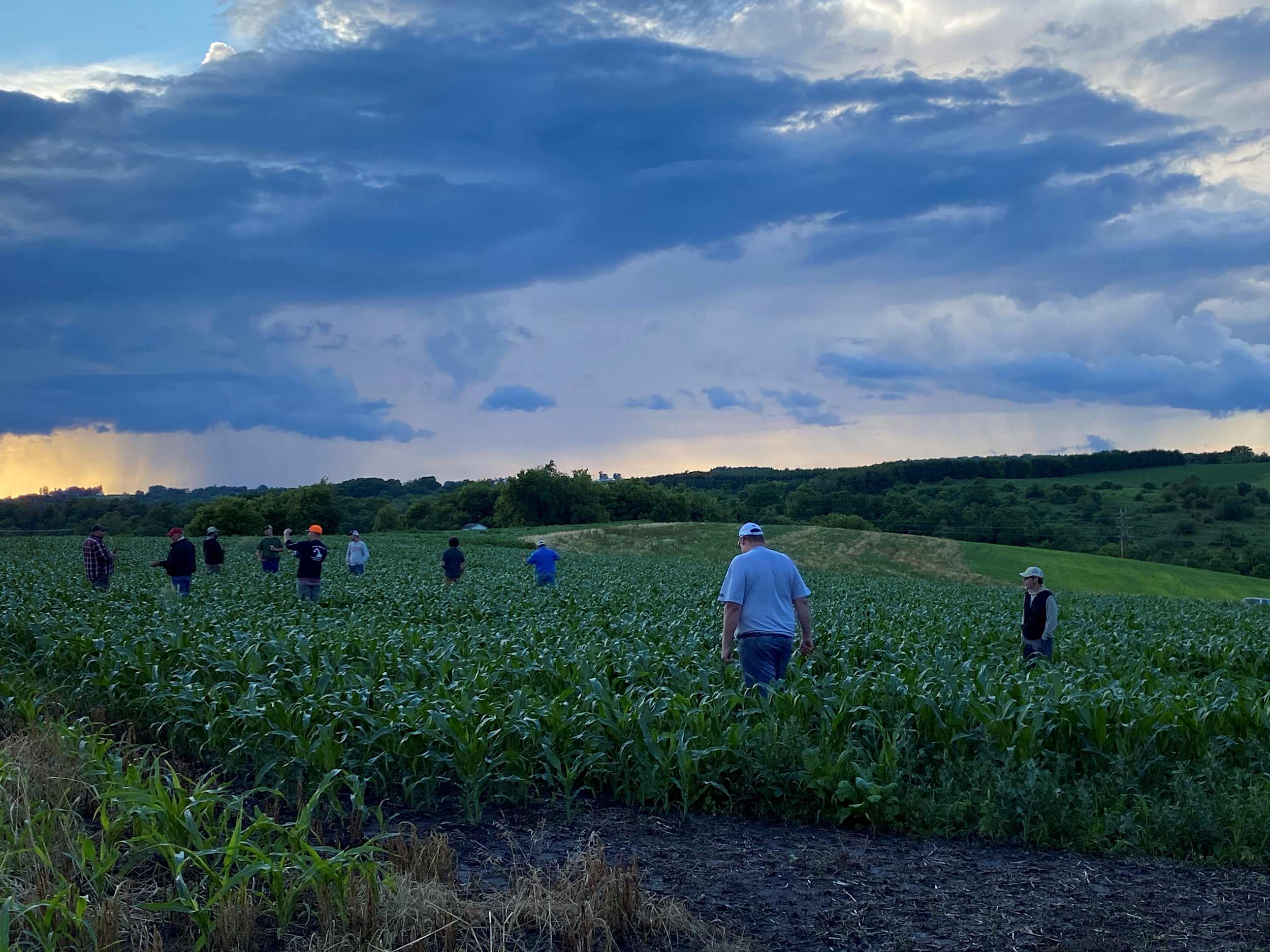Funded Project
2022 | Soil Regeneration

Contact
Applicant Organization: Izaak Walton League
Contact: Dave Zentner
Email: dzentnermn@gmail.com
Project
The Izak Walton League engages farmers, conservation agencies, soil health groups, and diverse partners to inform folks about regenerative agriculture. Along with invitations to introductory forums that connect farmers to technical and financial assistance, the League uses social media, word of mouth, and media outreach to promote participation. There is a deliberate emphasis on engaging historically underserved farmers, including farmers of color, women farmers, veteran farmers, and small-scale operations with limited financial resources.
The area served by the Izak Walton League, in Redwood County, Minnesota, is bordered on its northeastern boundaries by the Minnesota River, listed as impaired on the state's 303(d) list. The county includes significant stretches of the Redwood River, Cottonwood River, Sleepy Eye Creek, and all of Wabasha Creek -- all listed as 'impaired', as are a number of tributaries to these water bodies. All of the streams in the county eventually flow into the Minnesota River. Impairments vary from stream to stream, but include nutrients, turbidity, and E. coli bacteria, along with impaired fish and benthic macroinvertebrate bioassessments. Farmers in this watershed are critical to the efforts to clean up the water.
In 2022, a comprehensive hands-on workshop was led by regenerative farmers, soil scientists, agronomists, and agency staff, which provided information and training for farmers hoping to adopt best practices. This workshop served as both an educational opportunity and a planning platform, enabling participating farmers to kickstart the implementation of sustainable practices, with a particular focus on integrating fall cover crops into their operations.
Following the workshop, staff will maintain regular communication with workshop participants, offering ongoing support and addressing concerns that arise throughout the implementation process. The following year, a third series of public forums will provide a platform for the initial group of committed farmers to share their insights and successes, guiding the next group through the process of sustainable change.

